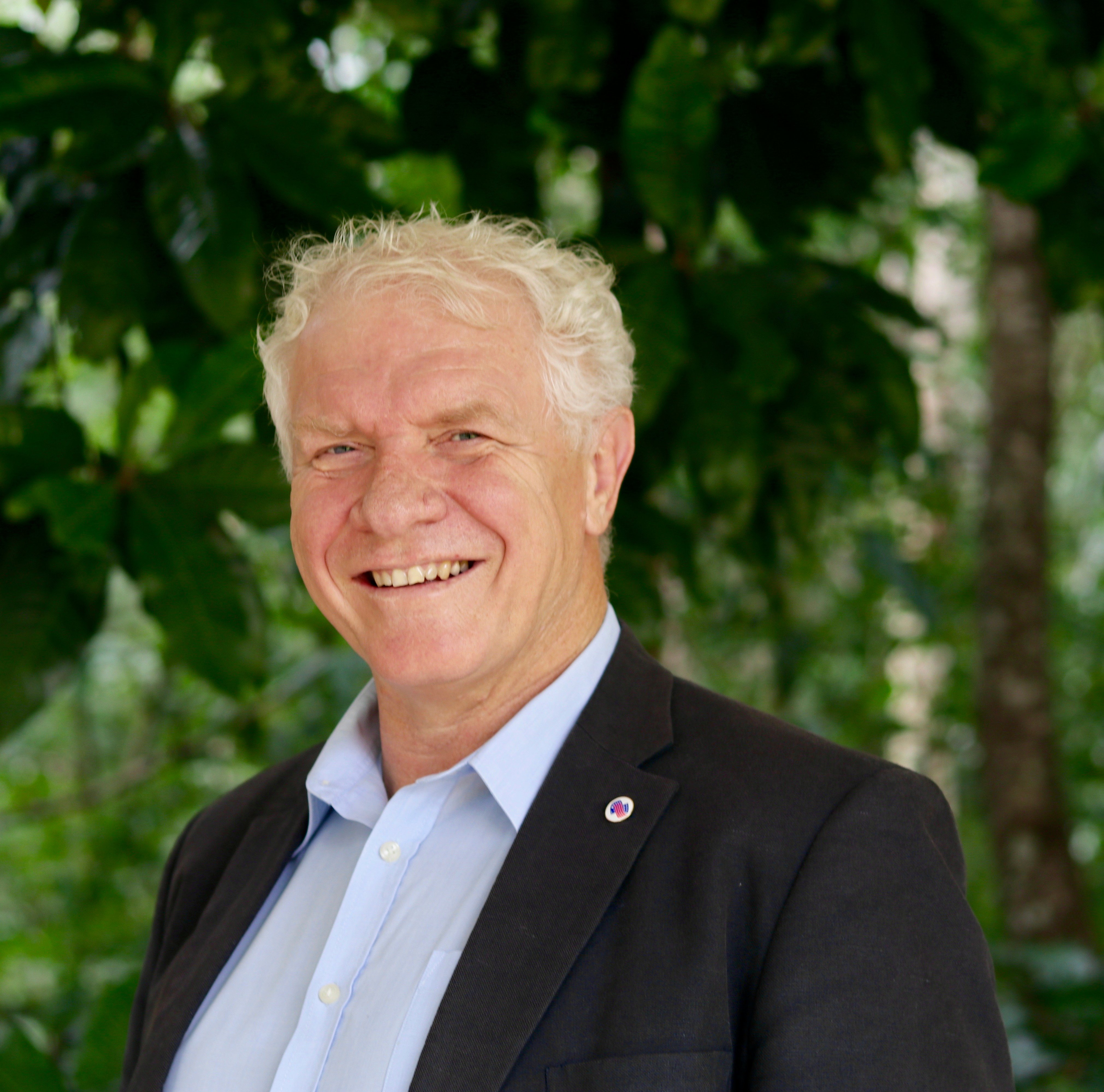Functional Rewilding: Addressing the Challenge of Giving Control Back to Nature
A special issue of Sustainability (ISSN 2071-1050). This special issue belongs to the section "Sustainability, Biodiversity and Conservation".
Deadline for manuscript submissions: closed (30 October 2021) | Viewed by 9141
Special Issue Editors
2. Research Division, Central Queensland University, Townsville, QLD 4810, Australia
Interests: conservation; biodiversity; agriculture; food security; climate change
Special Issues, Collections and Topics in MDPI journals
Interests: landscape ecology; restoration ecology; conservation biology; reintroduction biology
Special Issue Information
Dear Colleagues,
Human influence extends across the globe, from the tallest mountains to the depth of the oceans. There is a growing call for nature to be protected from the negative impacts of human activity, particularly intensive agriculture. A relatively new approach, within the “land sparing/land sharing” debate, is “rewilding”, defined as the restoration of self-sustaining and complex ecosystems, with interlinked ecological functional processes that facilitate minimizing or gradually reducing human intervention. The key theoretical basis of rewilding is to return ecosystems to a “natural” or “self-willed” state, with trophic complexity, dispersal, connectivity, and stochastic disturbance in place. In reality, this is constrained by context-specific factors, whereby it may not be possible to restore the native species that form part of the trophic structure of the ecosystem if they are extinct (e.g., mammoths, Mammuthus spp., aurochs, and Bos primigenius) or where populations/assemblages of native large herbivores/predators may not be able to survive or be accepted by the public in small-scale rewilding projects close to areas of high human density. Therefore, the restoration of natural trophic complexity and disturbance regimes within rewilding projects requires careful consideration if the broader conservation needs of society are to be met. This Special Issue seeks contributions from those who are involved in active rewilding projects. The emphasis will be on what challenges are being faced and how these are being overcome. This will allow us to take the lessons learnt from across the globe to chart a way forward in supporting the return of natural ecological processes on the pathway to rewilded ecosystems.
Prof. Dr. Iain J. Gordon
Prof. Dr. Adrian D. Manning
Dr. Javier Pérez-Barbería
Guest Editors
Manuscript Submission Information
Manuscripts should be submitted online at www.mdpi.com by registering and logging in to this website. Once you are registered, click here to go to the submission form. Manuscripts can be submitted until the deadline. All submissions that pass pre-check are peer-reviewed. Accepted papers will be published continuously in the journal (as soon as accepted) and will be listed together on the special issue website. Research articles, review articles as well as short communications are invited. For planned papers, a title and short abstract (about 100 words) can be sent to the Editorial Office for announcement on this website.
Submitted manuscripts should not have been published previously, nor be under consideration for publication elsewhere (except conference proceedings papers). All manuscripts are thoroughly refereed through a single-blind peer-review process. A guide for authors and other relevant information for submission of manuscripts is available on the Instructions for Authors page. Sustainability is an international peer-reviewed open access semimonthly journal published by MDPI.
Please visit the Instructions for Authors page before submitting a manuscript. The Article Processing Charge (APC) for publication in this open access journal is 2400 CHF (Swiss Francs). Submitted papers should be well formatted and use good English. Authors may use MDPI's English editing service prior to publication or during author revisions.
Keywords
- rewilding
- trophic rewilding
- complex ecosystems
- restoration
- trophic complexity







